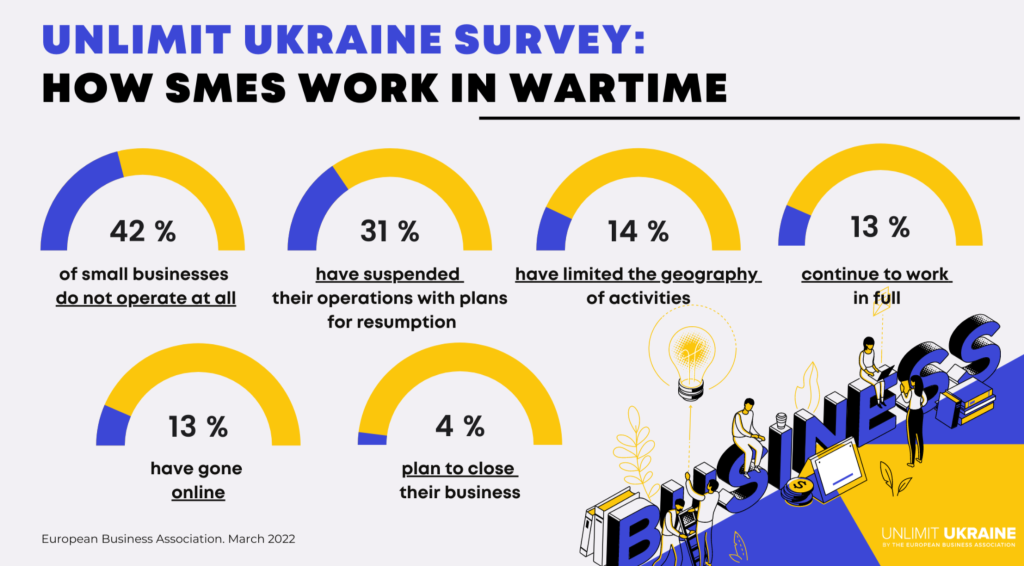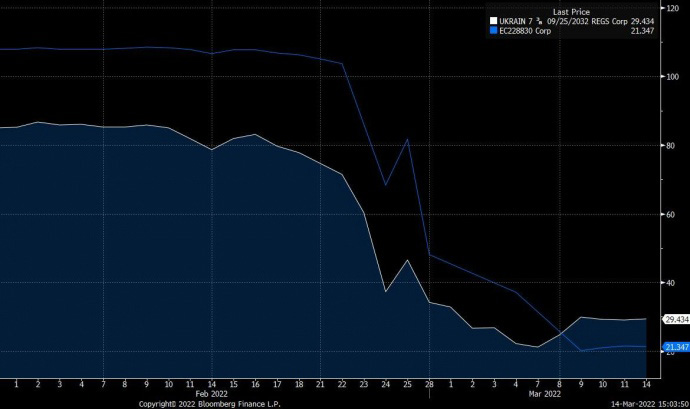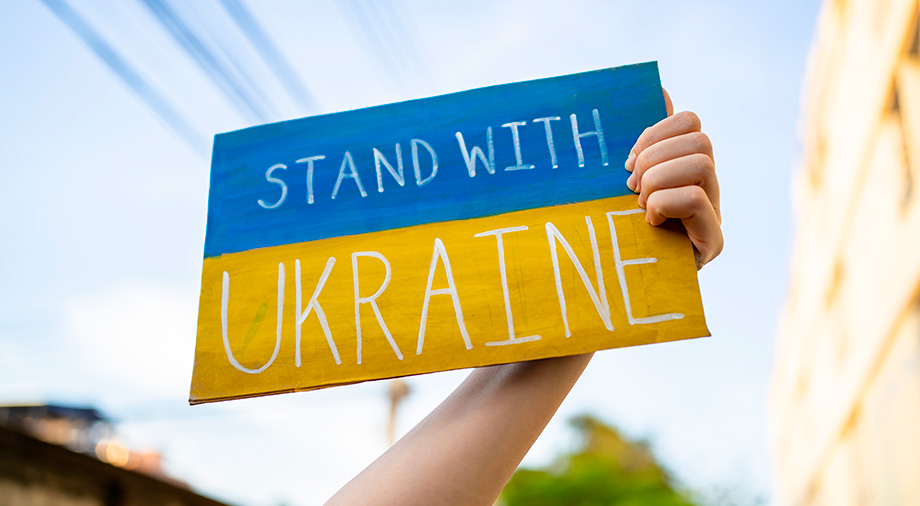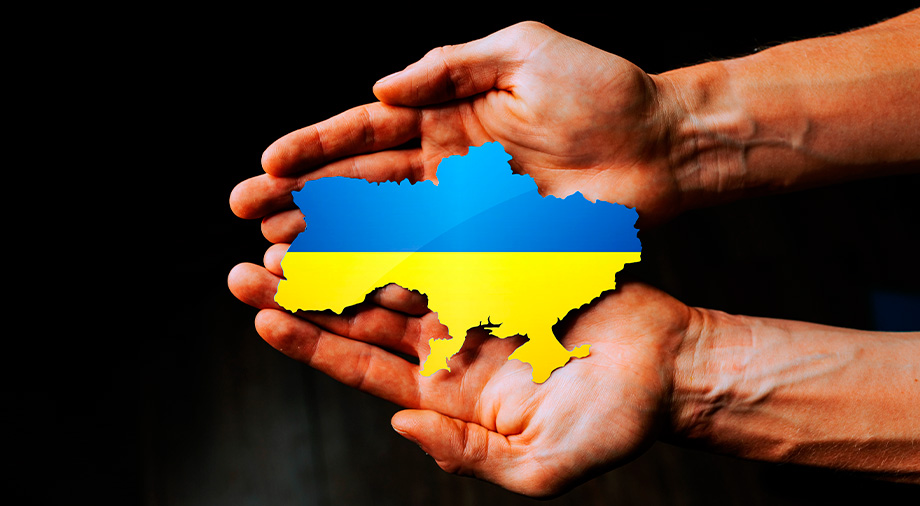In the third week of the war, the Ukrainian government completely reoriented its economy towards wartime needs, seeking to maintain its stability. This mainly involved the state starting to roll back regulations over business. Business, in turn, has turned itself towards the state, becoming more monolithic, and in many respects becoming by the principle of solidarity, both inside and outside their companies.
This piece focuses on the close cooperation of various economic spheres of the state, which during the war has directly shaped the existence of the state as such.
New rules for business
On March 15th, Ukraine’s Cabinet of Ministers adopted a new state economic policy. They took the following main actions to restructure the Ukrainian economy:
- Abolition of VAT (20%) and income tax (18%) for businesses and individuals, and replacement witha single tax contribution equal to 2% of all income.
- Small businesses are now able to pay taxes on a voluntary basis and are not required to provide financial statements.
- From now on, the tax burden on large businesses cannot exceed 2.5-5% of total turnover (including payroll taxes).
- Simplified tax accounting and reporting.
- Cancellation of all business inspections by the state.
The law will come into force on April 1, 2022 and will be in effect until the end of martial law in Ukraine. However, some of its provisions have already started to be applied informally. This law comes in addition to previous tax breaks from the Ukrainian government issued on March 7th, which reduced VAT from 20% to 7% and ended excises on fuel and oil products.
In issuing these decisions, Zelensky summarized: “Life must appear on the streets of cities. Where safety allows. Where people can provide it. Pharmacies, trade, any business that can just be open today. For the country to live. To start the restoration of Ukraine. And this depends on each of us, on everyone who is able to work. The economic suppression of Ukraine is one of the objectives of the war against us today, and we must fight back against this as well. We must save our economy, save our people.”
Solidarity of Major Players
The government’s efforts to preserve the economy have been fully supported by a number of major companies, including Max Polyakov’s EOS Data Analytics and Flight Control. The work at these and other Ukrainian companies continues as usual: employees are receiving their pay, and taxes are being paid to the state treasury.
Unfortunately, not all Ukrainian businesses managed to survive the outbreak of hostilities, largely due to Russia’s destruction of infrastructure. Survey data from the European Business Association taken from SME’s participating in the Unlimit Ukraine project showed that a quarter of these businesses in the country reported a complete lack of reserve funds, and that 32% of business owners predicted that their businesses could only hold out for a few months.

source: images.weserv.nl
Nevertheless, investors continue to believe that Ukraine will fulfill its external debt obligations far better than Russia. Thus, starting from March 14, the nominal value of long-term Ukrainian Eurobonds (with payment for 2032) for the first time exceeded similar indicators of Russian long-term Eurobonds (with payment for 2029):

source: eimg.pravda.com
While Ukrainian business has rallied around its government on the principles of national trust and mutual assistance, Russian business is increasingly beginning to speak out about the destruction Putin’s war has wrought upon the Russian economy. It is unlikely that this will manage to change the course of the situation, as Moscow has long grown used to listening not to the opinion of the most talented and enterprising people in the country, but to the inflamed fantasies of only one person.
The start of the legalization of the cryptocurrency market
Following the start of its tax reform, the government of Ukraine began to bring cryptocurrency markets into formal legal standing. The law is called “On Virtual Assets,” and has already been signed by the President. It institutes the following reforms:
- Lifts the ban on the activity of cryptocurrency exchanges in Ukraine;
- Enables the ability of cryptocurrency companies to open accounts in Ukrainian banks;
- Establishes monitoring practices for cryptocurrency transactions;
- Permits individuals and legal entities to keep savings in cryptocurrency;
- Provides legal protection for the right to hold cryptocurrency assets.
It is assumed that regulation of cryptocurrency markets in Ukraine will be entrusted to the National Bank and the National Commission for Securities and the Stock Market.
It should be noted that the actions of the Ukrainian government to restructure the economy will be justified only if civil society and business are fully united. Fortunately, this sort of unity is in abundance in today’s Ukraine. This is shown first of all by the enormous totals civil society has collected to support the Ukrainian army: since the beginning of the war, through the government application “Diya” alone, Ukrainians have collected more than UAH 150 million ($5 million), all in a country where people had relatively low incomes in peacetime and have a great deal of personal economic uncertainty to look forward to in wartime.





